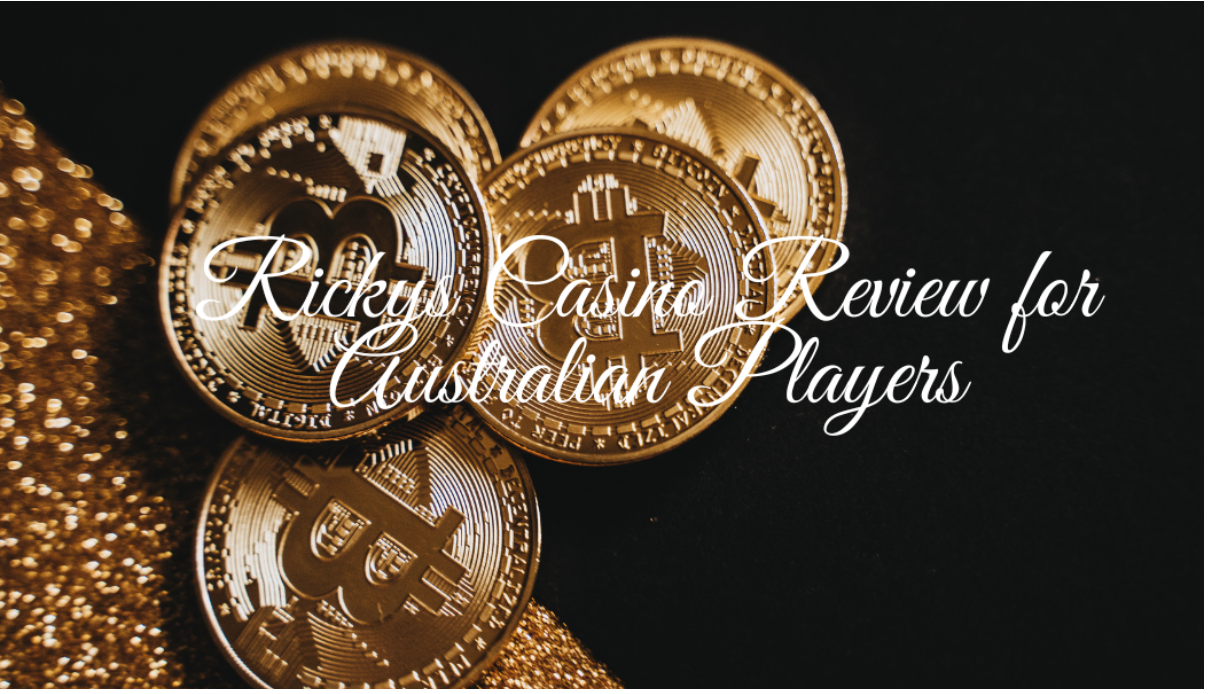Jobs
Consumer Confidence Suffers Biggest Monthly Drop Since 2021—Job Market Hopes Waver Before Election

Topline
Consumer confidence fell this month by the largest amount since August 2021, according to a monthly survey released Tuesday morning by the economic research firm Conference Board, as discontent among Americans about the state of the economy looms large weeks before the election.
Customers at a New York City farmers market last month.
Key Facts
The Conference Board’s consumer confidence index fell from 105.6 in August to 98.7 in September, far below consensus economist forecasts of 104, according to FactSet.
The index, which checks Americans’ temperatures on a host of economic issues, such as expected inflation and job prospects, hit its lowest level since June.
The proportion of respondents expecting higher incomes and more jobs available decreased last month while the percentage of individuals anticipating worse business conditions rose.
“The plunge in consumer confidence in September underscores the growing pressure on many households as the labor market weakens,” wrote Nationwide economist Ben Ayers in emailed comments, adding Americans are looking “warily” at the direction of the economy.
Contra
The survey concluded Sept. 17, the day before the Federal Reserve rolled out the first interest rate cut since March 2020, a move which can boost consumer attitudes as borrowing costs grow less costly, leading to more hiring.
Key Background
The worse-than-expected consumer confidence reading comes as voters identify the economy as their top issue heading into the presidential election. Though the economy remains strong overall, recent data has pointed to weakness in the labor market—the unemployment rate of 4.2% last month was 0.5 percentage points above where it was at the start of the year and inflation is still above the 2% historical target. “Consumers are clearly concerned about the implications of the upcoming election, the increasing conflict around the world, and the stubbornly high cost of food and credit,” wrote Harris Financial Group managing partner Jamie Cox in emailed comments Tuesday. The University of Michigan’s consumer sentiment index, a rival reading on the state of the U.S. consumer, actually rose in September to a four-month high, though both indexes remain far lower than they were from 2017 to 2019, before the pandemic upended the economy.










